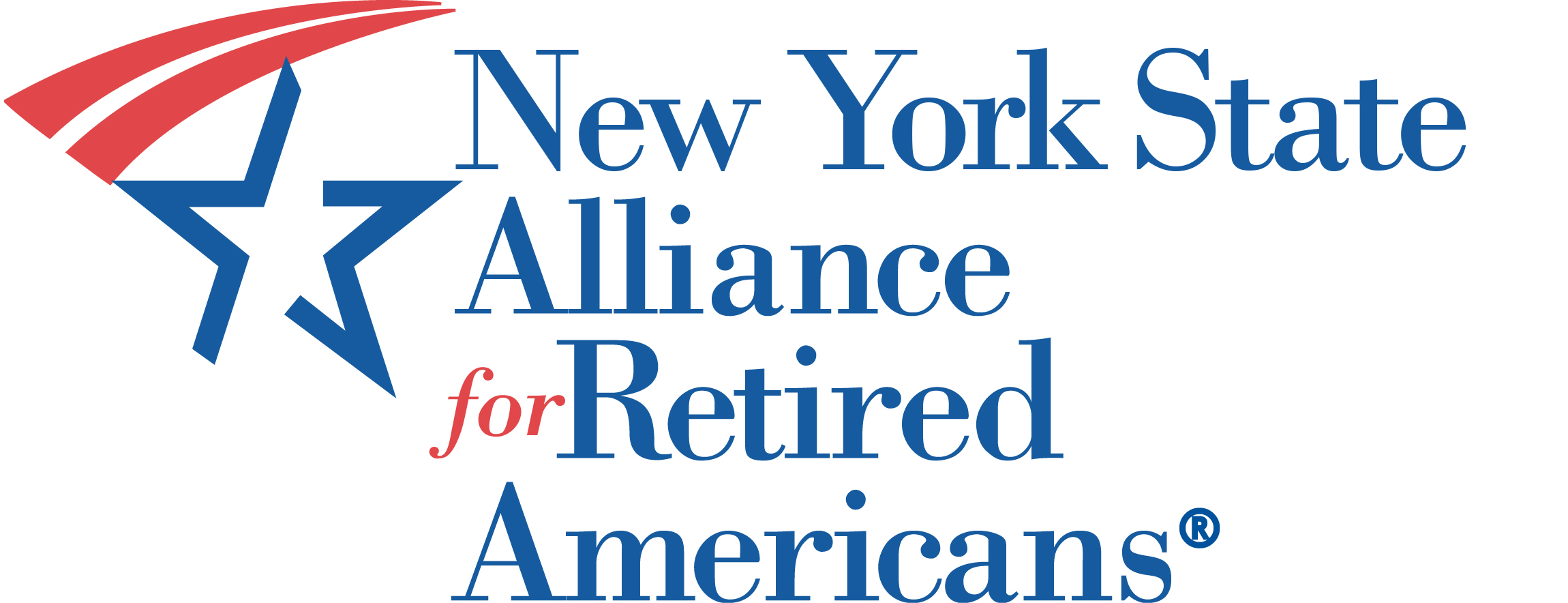ARA Issues
April 25, 2018
HEALTHCARE COMPANIES: THE LEAST DESERVING TAX-CUT WINNERS
Among corporations, few fare better under the new Republican tax law—while deserving it less—than big drug companies and health insurers. Both the pharmaceutical and health-insurance industries have grown rich and powerful over the years by overpricing their products and under serving the American people.
Drug companies and health insurers will reap tens of billions of dollars in tax savings under the new tax law, while retaining a free hand to continue jacking up prescription drug prices and health insurance premiums. Contrary to “trickle down” claims that huge tax cuts will benefit the employees of these health- industry giants and other corporations, evidence so far shows that companies are sharing relatively little or nothing with their workers. Instead, they are shoveling even more profits to their wealthy shareholders.
As anyone who’s filled a prescription recently knows, the system is already rigged in favor of drug companies and against consumers and taxpayers. The prices of 268 brand name drugs increased at least 15% a year from 2013 to 2015, per the figures below. (This is the most recent data available.) These drug-price hikes have far outpaced inflation every year. Many of these are commonly prescribed drugs used to treat widespread chronic conditions like high blood pressure, glaucoma, and arthritis.
Despite this epidemic of price gouging, Trump and the Republican Congress saw fit to reward pharmaceutical companies with big tax cuts. Yet, among the top 10 U.S. drug firms:
- Just two—Merck and Pfizer—have said that they will share any of their new tax cuts with employees in the form of one-time bonuses or wage increases, according to a comprehensivedatabase maintained by Americans for Tax Fairness.
- Merck—the drug company behind the medications Januvia, Gardasil and Nasonex—is getting a tax-cut windfall of $2.7 billion this year but sharing just $69 million, less than 3%, with its employees through a one-time $1,000 bonus.
- Pfizer—which makes Viagra, Advil and Robitussin, among many other drugs—will enjoy a $2 billion tax cut, but spend only $100 million, or 5%, on one-time worker bonuses. It also laid off 300 employees in the wake of the passage of a tax law that was supposed to be a job creator.
- AbbVie—maker of the blockbuster arthritis drug Humira—is getting a tax cut topping $1 billion a year and sending that money to its rich corporate executives and stockholders as part of a $10 billion share buyback plan. It has not announced any wage hikes or bonuses tied to the tax cut.
- Amgen and Celgene won’t put any of their tax cuts towards higher worker pay, but together the drug firms will shower their wealthy shareholders with $15 billion worth of stock buybacks.
- No company has announced any plan to use their tax cuts to lower drug prices, unlike utilities that have been required by state and local regulators to pass some portion of their tax cuts along to customers.
